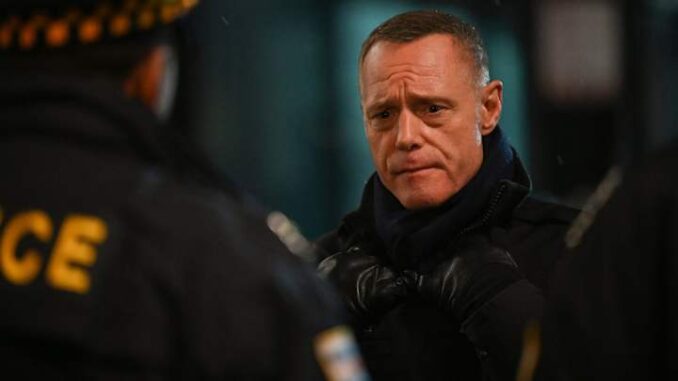
The actor’s journey is often a traverse through the labyrinthine corridors of human experience, a series of masks donned and shed, each leaving an indelible whisper on the soul. For Shawn Hatosy, a performer of compelling intensity, recent revelations regarding past roles and present collaborations offer a fascinating glimpse into this artistic odyssey – a testament to the enduring allure of darkness, the rigorous demands of craft, and the distinct gravitas of different creative universes.
The mere mention of “resurrecting a serial killer role” immediately draws a chilling breath. Hatosy’s turn as Boyd Fowler in the early seasons of Dexter was a brief but brutal symphony of madness, a character whose unsettling presence echoed the show’s central premise of a vigilante killer policing his own kind. Fowler was not merely a villain; he was a mirror, reflecting the monstrous possibilities lurking just beneath the veneer of normalcy. For an actor, the desire to revisit such a role is not morbid fascination, but a profound artistic pull. It’s the yearning to re-inhabit a space of visceral intensity, to once again plumb the abyssal depths of human depravity and understand its insidious motivations.
Boyd Fowler, the "Ice Truck Killer's Apprentice," was a character woven into the very fabric of Dexter Morgan’s self-justifying universe, a dark passenger for the Dark Passenger. His demise, a swift and necessary act, was definitive. Thus, Hatosy’s contemplation of a "resurrection" speaks less to a literal return from the dead, and more to the enduring power of such a character, the challenge he presented, and the unique artistic satisfaction derived from portraying such fractured souls. It highlights an actor’s hunger for roles that push boundaries, that force an exploration of the uncomfortable and the taboo, much like a seasoned mountaineer eyeing a perilous, unconquered peak. The Dexter landscape, bathed in the Florida sun yet perpetually shadowed by moral ambiguity, allowed for a complete immersion in a character where the line between monster and man blurred into a chilling tableau.
Yet, from the desolate inner landscape of a serial killer, Hatosy transitions to the gritty, asphalt-and-blood reality of Chicago P.D. and the crucible of collaboration with Jason Beghe. The shift in creative terrain is stark, though the undercurrent of intensity remains. Chicago P.D., with its stark realism and morally compromised heroes, demands a different kind of truth. Here, the darkness is less about individual psychosis and more about systemic rot, the relentless grind of justice in a broken world.
Working with Jason Beghe, who embodies the formidable Hank Voight, is akin to stepping into a force field of raw, unvarnished emotion. Beghe’s portrayal of Voight is a masterclass in controlled volatility, a simmering rage beneath a veneer of weary authority. The air crackles with an almost palpable tension in scenes he commands. For Hatosy, sharing a set with such a magnetic and demanding presence is not merely a testament to professional camaraderie; it is a profound lesson in the symbiotic nature of acting. It’s about reacting, listening, and bringing one’s own intensity to meet an equal and opposite force. The dance between two strong performers, each committed to their character’s truth, elevates the scene beyond mere dialogue, crafting moments that resonate with authentic friction and respect. It requires an actor to be utterly present, to shed any artifice and engage in a pure, unadulterated exchange of energy.
Shawn Hatosy’s contemplation of these roles, past and present, paints a vivid portrait of an actor deeply engaged with his craft. From the chilling allure of resurrecting a villain whose very existence challenged the audience's moral compass, to the rigorous demands of sparring with a powerhouse like Jason Beghe in the relentless world of Chicago P.D., Hatosy navigates the shifting sands of human morality and the multifaceted demands of dramatic storytelling. It’s a journey that showcases not just versatility, but a profound commitment to exploring the darker, more challenging corners of the human psyche, reminding us that an actor’s true canvas is the breadth of human experience itself, in all its shadowed glory.
